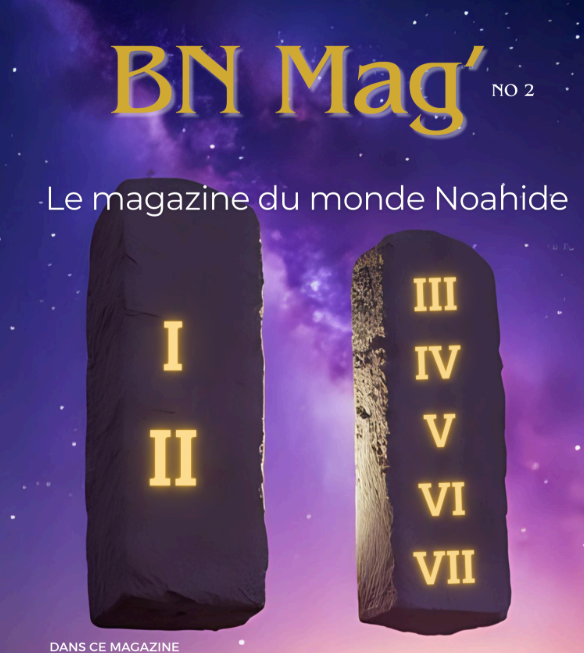One of the forty-eight traits by which the Torah is acquired is:
"Faith in the [Hebrew] sages" [Avot 6:6].
Usually, this means that one of our essential elements of faith
Is that the Jewish sages do not make mistakes.
But it is eminently clear that this interpretation cannot be correct, for no person on earth is utterly immune from making a mistake. We have seen many cases where the sages admitted their mistakes.
Who is more significant than Moses, about whom it's written, "And Moshe heard, and it was good in his eyes" [Leviticus 10:20]? Rashi explains, "He was not ashamed to admit that he had not heard this before."
The following also appears in the responsa literature: "The praise of the rabbis is that they admit their mistakes."
That is, the fact that the wise men admit that they were wrong is to their credit.
The very existence of the tractate of Horayot, which contains a list of mistaken rulings by the high courts, also shows that errors occur. The Torah has forbidden us to follow a halachic command if we are sure the court has made a mistake. "We might think that if they tell you that right is left and left is right, you should follow them. However, it is written, 'to go to the right and the left.' They should tell you that the right is the right and the left is the left." [Yerushalmi Horayot 1:1]. And when the Sifri instructs us to follow, "even though they show you what you have seen in your eyes is right and tell you it is left," this is referring only to matters of personal discretion.
This position, the feeling that our wise men are never wrong is dangerous from two points of view.
One aspect is simple: when a person encounters a mistake made by a wise man, his entire spiritual world might crumble before his eyes.
The second aspect is deeper in that it attributes to a created entity a characteristic only true about the Creator Himself. This is the meaning of what the Rambam wrote: "Only He is the truth" [Hilchot Yesodei HaTorah 1:4].
What, then, is the remarkable trait of faith in the sages needed to gain possession of the Torah?
Rabbi Yehuda Ashkenazi explains that it means to believe that the sages are wise. Their words are not pronounced in a chance or haphazard way. Therefore, if one thinks that it is necessary to reject their words, the idea that is being rejected must be scrutinized in great depth because we can be sure that it is based on great wisdom and can teach us an important lesson. If the wise men taught us that "there is nothing that does not have its proper place" [Avot 4:3], this must apply to the sages' words!
While we commonly see a contradiction between admiration and accessible criticism, our sages have taught us that one trait enables the other. They said, "Let your house be a meeting place for wise men, and you should roll around in the dust of their feet" [Avot 1:4].
Here is how this was interpreted by Rabbi Chaim of Volozhin [Vilnius of our days]: "the word 'lehitavek' is related to the word for a struggle. No student should ever blindly accept the words of his rabbi if he has questions about his approach, and there are even times when the student is right and not the rabbi. But while we have permission to bring evidence to prove our position, we must still maintain an attitude of humility – to be 'in the dust of their feet.'"
[Rabbi Oury Cherki, Source: "THE ROOTS OF FAITH: Basic Tenets of Jewish Philosophy" – a biweekly Shabbat B'Shabbato (Zomet Institute) column. See: http://www.zomet.org.il/eng – Vayakhel-Pekudai 5777, issue 1666]



